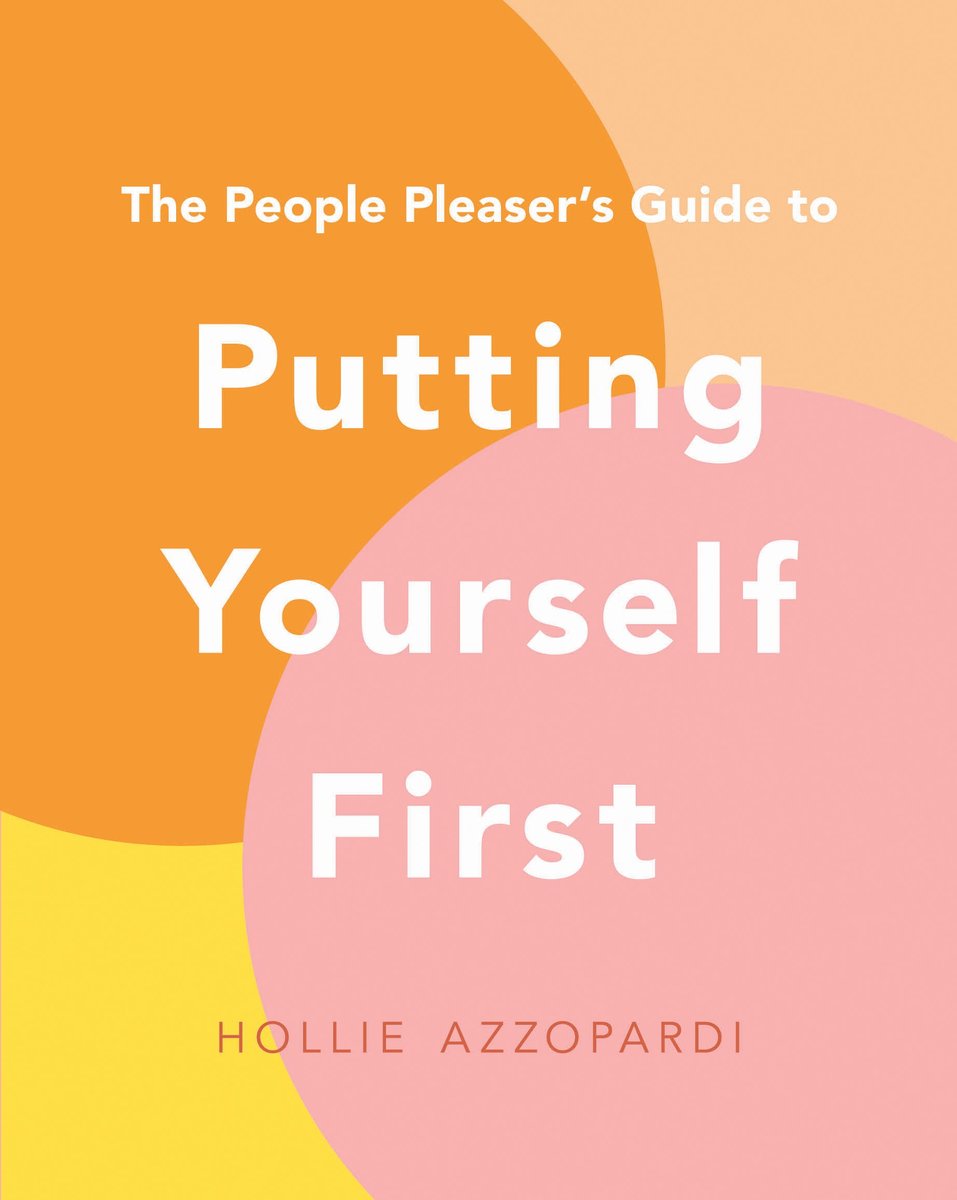
When I was a ten-year-old in Year 5 at school, my peers gave me one of my very first nicknames. I remember it clearly – I was labelled the ‘goody-goody’. It was such an identifier put upon me (mostly by the boys in my class) that I even remember using the phrase as my password for my first-ever email address (jolly-hollie, for those of you curious. Give me a break – I was ten).
It didn’t really sting and, as far as juvenile nicknames went, I knew it could have been worse. I also knew I was the good girl – I never stepped a foot wrong, my teachers loved me and I excelled in my studies. Being good activated an innate sense of worth within me.
It was how I saw myself in the world. But, even bigger than that, it was how I felt safe in the world. To be good meant recognition. It meant praise and validation. It meant achievement. It meant love.
While you're here, watch How To Be A Woman in 2023. Story continues after video.
I was okay with being the goody-goody because that was the way I was raised. Perhaps it came with being the eldest child, or maybe the outcome of a fairly tumultuous family life where I decided to play the role of peacekeeper and, often, parent to my younger siblings.

